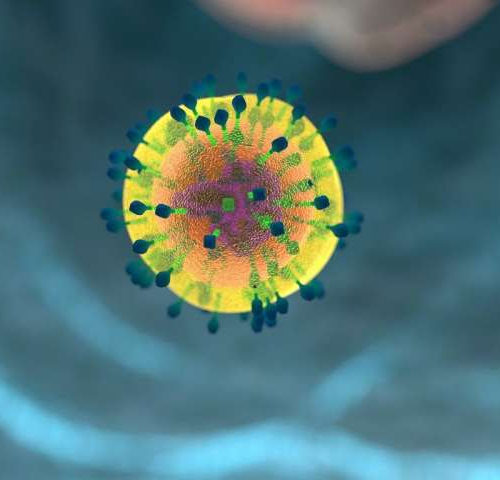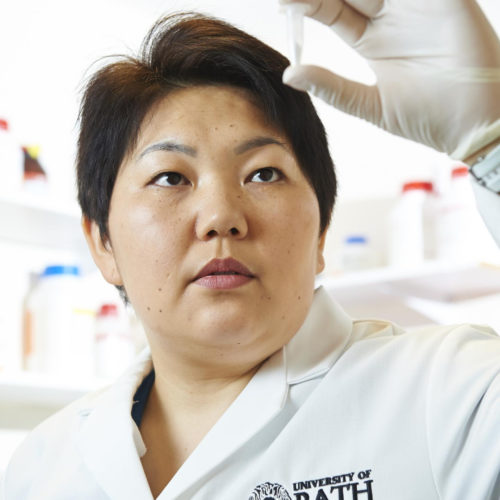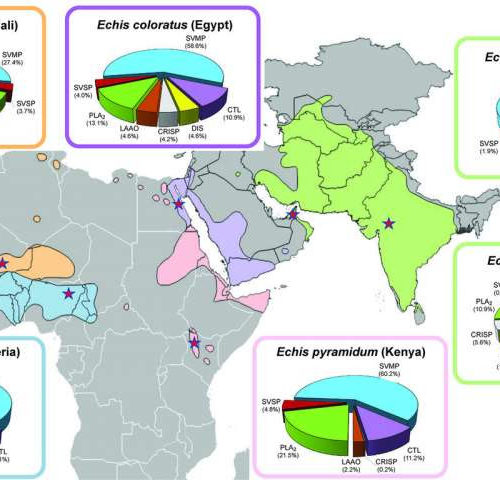by Freie Universitaet Berlin Chemists at the Max Planck Institute of Colloids and Interfaces (Potsdam, Germany) in close collaboration with virologists at Freie Universität Berlin have shown in laboratory studies that aqueous and ethanolic extracts of specially bred sweet wormwood plants (A. annua) are active against the new coronavirus that has caused the COIVID-19 pandemic....
Tag: <span>WHO</span>
Tuberculosis vaccine strengthens immune system
by University of Bonn A tuberculosis vaccine developed 100 years ago also makes vaccinated persons less susceptible to other infections. While this effect has been recognized for a long time, it is not known what causes it. Together with colleagues from Australia and Denmark, researchers from Radboud university medical center the universities of Nijmegen and...
Ten reasons why immunity passports are a bad idea
Restricting movement on the basis of biology threatens freedom, fairness and public health. Imagine a world where your ability to get a job, housing or a loan depends on passing a blood test. You are confined to your home and locked out of society if you lack certain antibodies. It has happened before. For most...
Ground-breaking research makes childhood vaccines safe in all temperatures
Vaccines are notoriously difficult to transport to remote or dangerous places, as they spoil when not refrigerated. Formulations are safe between 2°C and 8°C, but at other temperatures the proteins start to unravel, making the vaccines ineffective. As a result, millions of children around the world miss out on life-saving inoculations. However, scientists have now...
‘Cell pores’ discovery gives hope to millions of brain and spinal cord injury patients
by Aston University Scientists have discovered a new treatment to dramatically reduce swelling after brain and spinal cord injuries, offering hope to 75 million victims worldwide each year. The breakthrough in treating such injuries—referred to as central nervous system (CNS) edema—is thought to be hugely significant because current options are limited to putting patients in...
Researcher designs robot-assisted care system for speech and language therapy
by Asociacion RUVID Improving the treatment of dyslalia, a disorder that causes the incorrect pronunciation of phonemes, is the purpose of the robot-assisted care system designed by Eldon Glen Caldwell, Ph.D. in Computer Engineering from the University of Alicante. It consists of a platform combining a robot with a mobile device application that increases therapeutic...
Researchers demonstrate a novel way to treat snakebite
by Liverpool School of Tropical Medicine Snakebite is one of the world’s biggest hidden health problems with up to 138 000 victims dying every year, and around 400 000 victims left with permanent physical disabilities or disfigurements. Those most affected live in some of the world’s poorest communities in sub-Saharan Africa, Asia and Latin America...
Study shows stem cells constitute alternative approach for treating corneal scarring
Durham, NC – Infection, inflammation, trauma, disease, contact lenses – all of these and more can lead to corneal scarring, which according to the World Health Organization is a leading cause of blindness worldwide. While corneal transplant remains the gold standard to treat this condition, patient demand far outweighs donor supply. However, in a study...
New global estimates for hepatitis D highlight need to step up response
by University of Liverpool University of Liverpool researchers have published new estimates of the global burden of hepatitis D, and are calling for more efforts to tackle the ‘forgotten’ virus. In a study published in the Journal of Hepatology, Professor Anna Maria Geretti and Dr. Alexander Stockdale, in collaboration with researchers from the World Health...
Pharmacists warn against malarial drugs as a cure for coronavirus
PHARMACY experts at the University of Huddersfield are urging caution over claims that widely-available antimalarial drugs could be a “magic bullet” to prevent and cure CoVid-19. And the medicines can – if used rashly – have serious side effects. Although there have been some encouraging signs from small-scale preliminary trials of the drugs chloroquine (CQ)...









